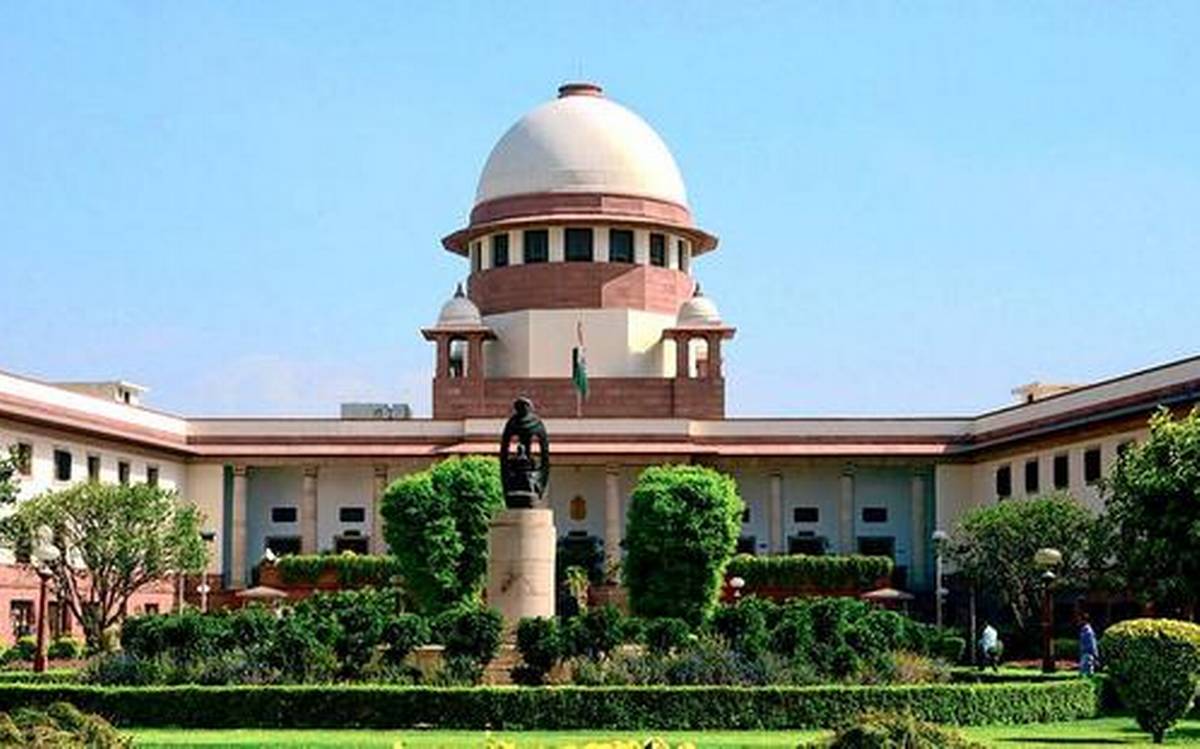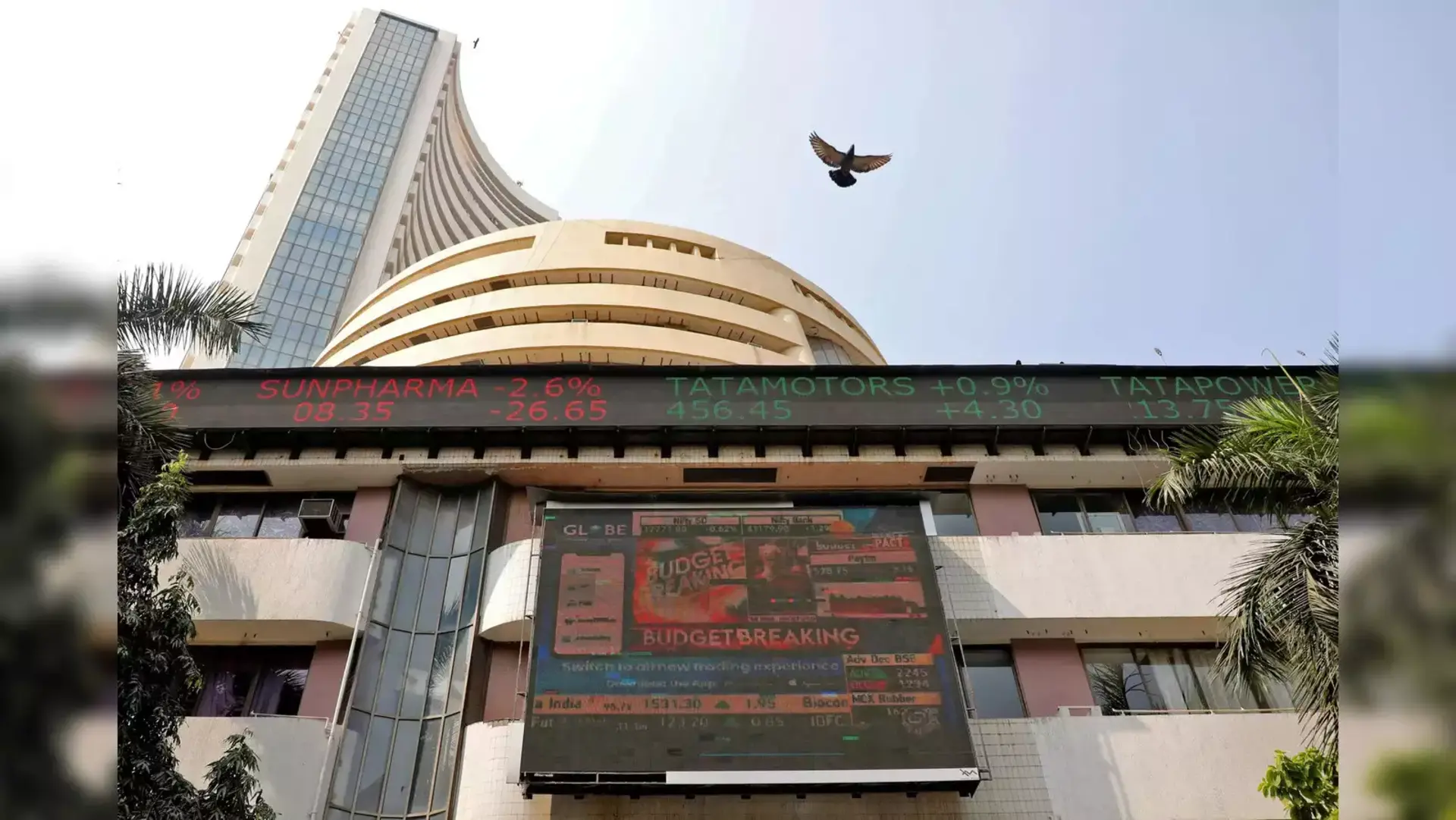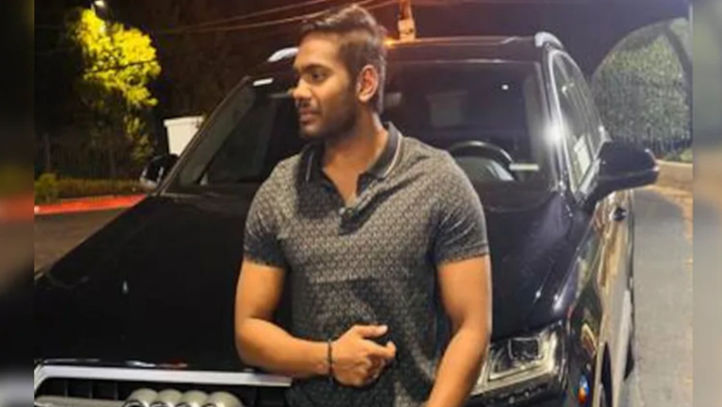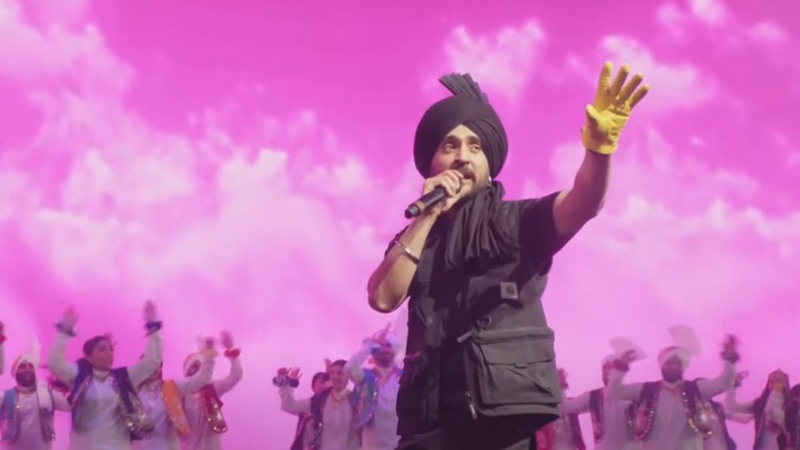
The Supreme Court in the case Vishnu Kumar Shukla and Anr v. The State Of Uttar Pradesh and Anr observed and has expressed the reservations about the judgement in the case Minakshi Bala v Sudhir Kumar, wherein it advocated for a restricted approach to be taken by High Courts in discharging accused from criminal cases.
The court set aside the judgement of the Allahabad High Court wherein the court refused to discharge the accused in a criminal case.
The bench comprising of Justice Vikram Nath and Justice Ahsanuddin Amanullah in the case observed and has expressed its reservations with regards to the findings of Minakshi Bala’s case, especially paragraph 8 of the judgment.
The paragraph 8 of the judgement reads that apart from the infirmity in the approach of the High Court in dealing with the matter which we have already noticed, this court further finds that instead of adverting to and confining its attention to the documents referred to in Section 239 and Section 240 of the Code of Criminal Procedure, CrPC wherein the High Court has dealt with the rival contentions of the parties raised through their respective affidavits at length and on a threadbare discussion thereof passed the impugned order. Thus, the said course so adopted cannot be supported; firstly, because the finding with regards to the commission of an offence cannot be recorded on the basis of affidavit evidence and secondly, because at the stage of framing of charge the Court cannot usurp the functions of a trial court to delve into and decide upon the respective merits of the case.
the court stated that this means that once the charges are framed, the High Court can only rely upon the documents referred to in Section 239 and Section 240 of the Code of Criminal Procedure, CrPC and would not be it justified if any other documents are relied upon. The court stated that as per the judgment, if the said view is accepted, the same would amount to tying the hands down while considering the discharge application.
The court observed that Paragraph 8 of Minakshi Bala (supra) is accepted as it is, the necessary concomitant would be that despite examining the matter in detail, thus, the said court would find its wings clipped to intercede and the same would amount to forcing a person to stand trial, even when the overwhelming material points to his or her innocence.
The court in the case did not find refer the matter to the higher bench for reconsideration observing that the same can be done in a more appropriate case.
It has also been observed by the court that the High Courts have the duty to quash vexatious criminal proceedings.















